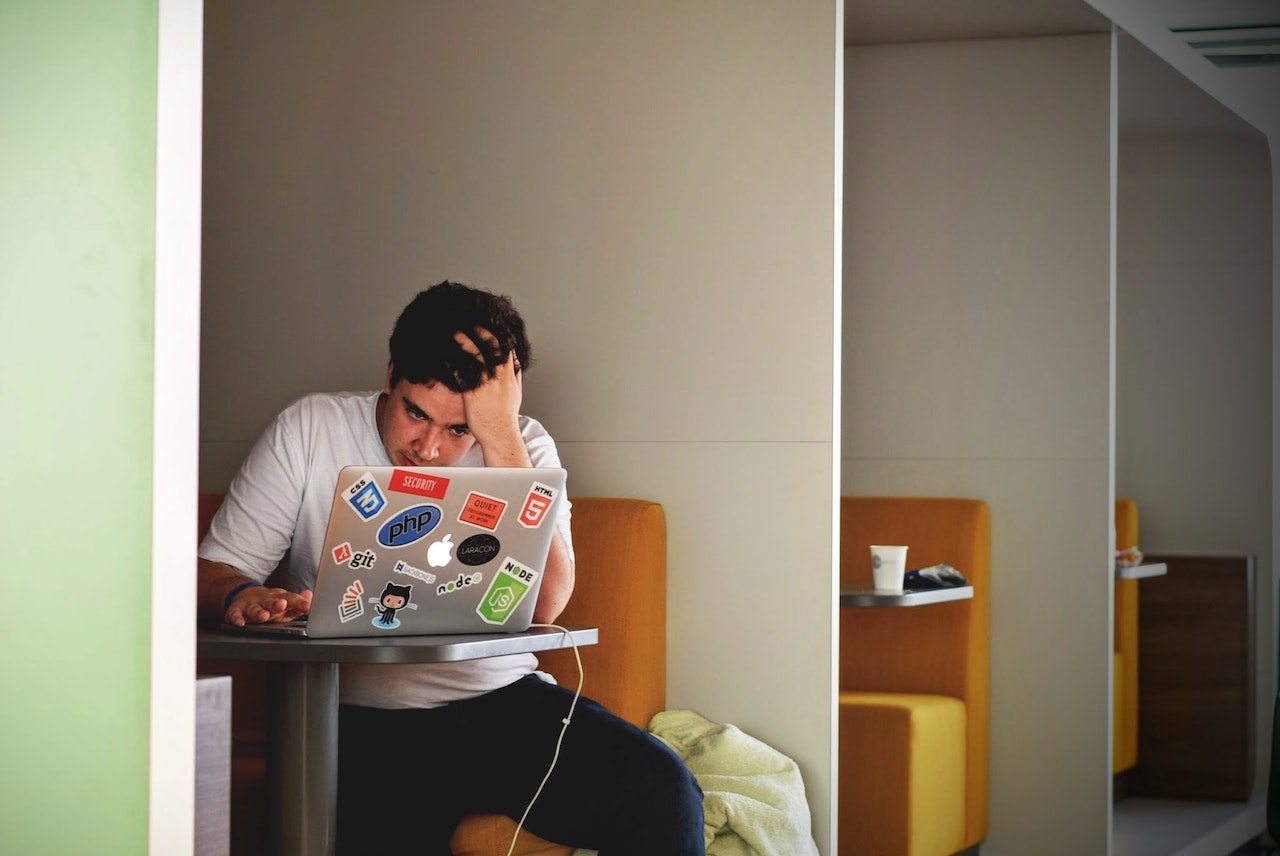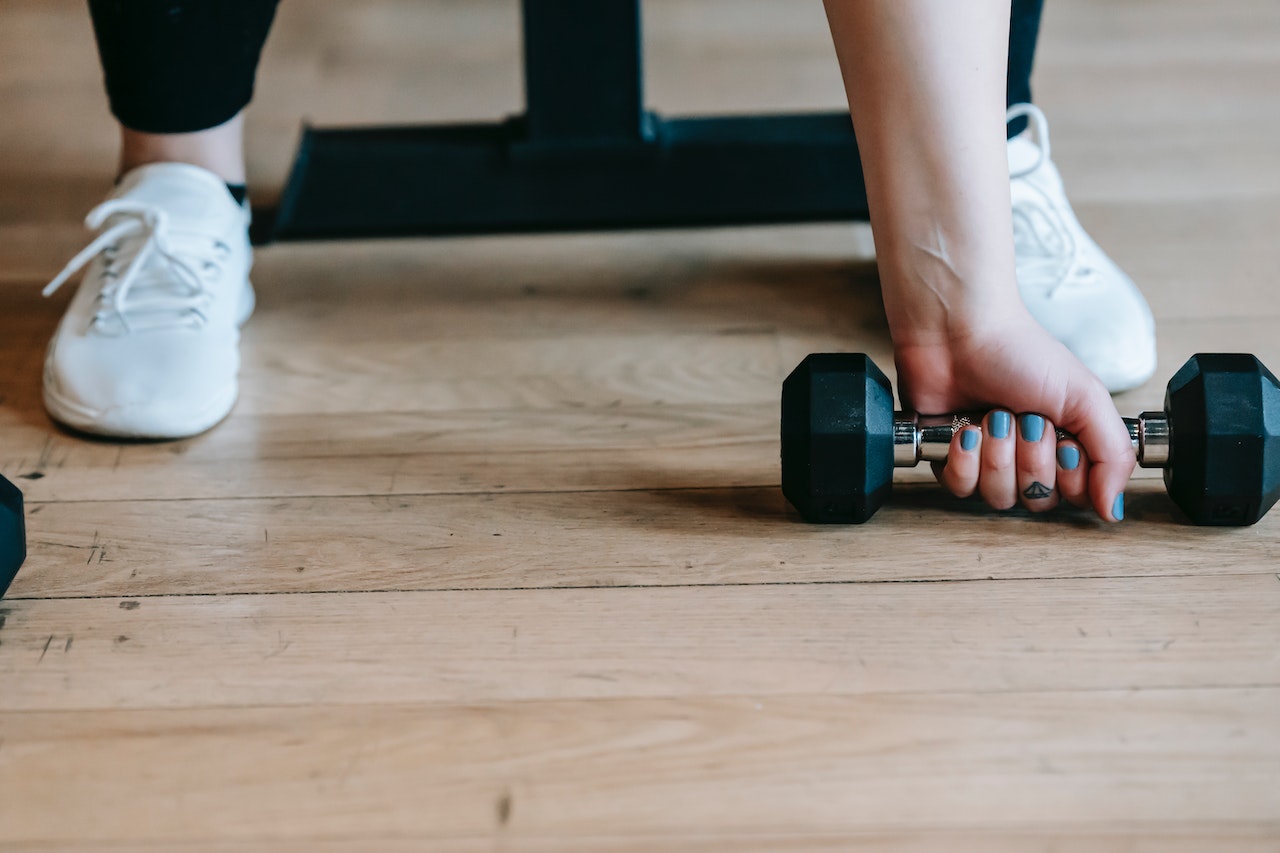In an ocean of feelings, emotions, and expectations from the world around us, anxiety is a common result that can leave us feeling overwhelmed as it crashes upon us. If you’ve experienced anxiety, you’ll probably be aware of its debilitating impact on our lives, leaving us feeling overwhelmed with physical and emotional symptoms.
Dealing with anxiety waves can help you navigate stormy seas, and we’ve compiled five tips to help you ride the anxiety wave.
What are Anxiety Waves?
Anxiety is like a wave that grows as it gains momentum and eventually reaches its peak. You may experience overwhelming heightened physical and emotional symptoms when it peaks. After this, the wave dissolves, and feelings become more level and steady.
This cycle is continuous and can leave many people worried, wondering when the next wave will sweep them off their feet. When a wave of anxiety hits us, it can feel like we’re treading water while constantly facing worrying waters, and the safety of the shore can feel like miles away.
Tips for dealing with anxiety waves can help you feel more in control and able to face the treacherous seas ahead of you. Instead of undergoing the impossible task of preventing it altogether, we’ve compiled our top 5 tips for dealing with anxiety waves so that you move with the wave positively and proactively.
What Causes Anxiety Waves?
Several factors may cause anxiety waves, and the height and impact of the waves can vary from person to person.
Here are some common causes of anxiety waves:
- Significant life events or changes. Often, when we go through an important life event or experience change, like losing a loved one or moving to a new location, it disrupts our sense of security and stability, which can cause anxiety waves.
- Academic, work, or personal pressures. Aiming to succeed can result in numerous positive outcomes, but if the pressure is too much or expectations are too high, it can feel overwhelming and impossible to overcome.
- Trauma. Trauma plays a large role in anxiety and can significantly impact our everyday lives. If past traumas arise or traumatic memories resurface, it can bring on an anxiety wave and impact our mental health.
- Personality traits. Traits like being a perfectionist, being self-critical, or prone to overthinking and worrying can make us more prone to experiencing stress, panic attacks and waves of anxiety.
- Environmental factors. Factors such as an unpleasant living situation, a lack of support, or experiencing high-stress levels can leave you feeling overwhelmed and unhappy, triggering an anxiety wave.
What are the Symptoms of Anxiety Waves?
Anxiety waves can present themselves as physical, emotional, and behavioral symptoms.
Here are some of the most common symptoms of anxiety waves:
Physical symptoms:
- Difficulty breathing or shortness of breath
- The feeling of tightness in your chest
- Increased heart rate or heart palpitations
- Feeling dizzy or lightheaded
- Pins and needles
- Headaches, nausea, digestive issues
- Migraines
- Sweating or hot flushes
Emotional symptoms:
- Feeling tense, unable to relax and nervous
- The feeling of dread or impending doom
- Irritability, frustration, anger, and mood swings
- Excessive worry or panic
- Feeling out of control
- Low mood and depression
- Difficulty concentrating, or brain fog
- Memory difficulties
- Self-doubt and highly self-critical
Behavioral symptoms:
- Insomnia or difficulty sleeping
- Avoidance of social situations
- Changes in appetite
- A lack of motivation and an increase in procrastination
- Reliance on coping mechanisms, like drugs or alcohol
Individuals may experience these symptoms during an anxiety wave, and their impact and severity will vary from person to person. The length of time someone experiences anxiety wave symptoms also varies, and being patient and kind towards yourself during the time period is essential.
Recognizing the signs can be beneficial, as you can practice ways to deal with them, limiting the impact of the wave the next time it comes.
5 Tips on How to Ride the Anxiety Waves
Knowing how to ride the anxiety waves will benefit you and stop you from feeling overwhelmed each time you feel one approaching. We’ve compiled our top 5 tips on how to deal with anxiety waves to ensure you’re ready to stand strong against the current.
1. Acknowledge your symptoms
Acknowledging your feelings and symptoms is a big tip for dealing with anxiety waves. You can prevent further anxiety and stress by understanding the changes and remembering that anxiety and panic attacks always pass.
2. Practice deep breathing and relaxation
A lot can be said for taking the time to breathe deeply, as it can relax your body and mind, reducing the impact and intensity of anxiety waves. Focus on taking slow, deep breaths, and relax your body to release the built-up tension from your muscles.
3. Prioritize self-care
By prioritizing self-care and doing activities you enjoy, you can regain control and put yourself first. You can prioritize your needs by making sure you get enough sleep, doing regular exercise, and maintaining a balanced and healthy diet.\
4. Challenge unhelpful thoughts
When hit with a wave of anxiety, many negative and unhelpful thoughts pour into our heads, and they’re often heightened during this time. Try to incorporate positive self-talk into your life. Don’t forget if you’ve overcome it before, you can do it again.
5. Seek support
Reaching out to family members, friends, and professionals can help you ride the anxiety wave, as they can offer advice and support. Utilize insightful apps designed to provide expert support and information, help you remain positive, and combat low self-esteem. Give Virtue Map a try, begin your journey of self-belief and confidence, and overcome negative feelings holding you back.
Anxiety waves can be challenging and can broadly impact our lives. By understanding the causes, symptoms, and different ways to deal with anxiety waves, you can alter your perspective and take control of your thoughts. Put yourself first and stand firm in the face of rocky waters, and you can confidently ride anxiety waves.
For guided, unmatched support and to begin your journey to self-discovery, check out Virtue Map today and say goodbye to those unwanted, anxious waves.
FAQs
Is it common to experience anxiety waves?
Yes, it’s common for individuals to experience anxiety waves, especially during lifestyle changes, increased stress levels, and environmental factors. The amount of time people may experience symptoms, as well as the intensity of them, can vary from person to person.
Are anxiety waves related to hormones?
Hormones are related to anxiety waves as they can fluctuate and increase stress and anxiety levels in the body and mind. The stress hormone, cortisol, can elevate during times of stress, and this can lead to anxiety. In women, the hormone fluctuations during their menstrual cycle and pregnancy can also cause heightened anxiety.
Does anxiety come in waves?
Yes, anxiety can come in waves depending on personal factors for an individual, and stress levels can fluctuate from person to person. While the peak of the wave is when stress is most heightened and intensified, it eventually dissolves, and the negative thoughts usually pass.




